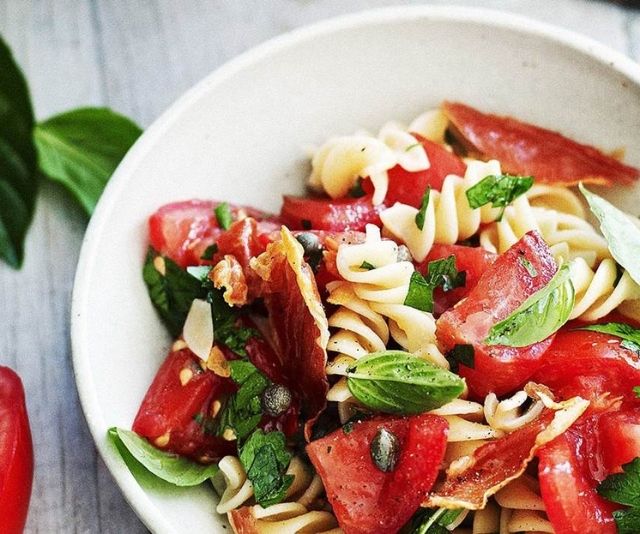Modelling healthy eating habits for your kids
How your attitude towards food and body image can affect children’s eating behaviours.
By Mandy Sacher
In our image-obsessed society it's little wonder we carry certain body ideals and goals, but as parents we are integral to shaping our children's attitudes towards health, food and their bodies.
Therefore, it is crucial that we take stock of our own insecurities, body hang-ups and any negative prejudices we have towards food to encourage healthy eating behaviours and attitudes in our children whenever we can.
Often families struggle to adopt long-lasting healthy lifestyles because of the underlying issues that cause them to overeat or rely on comfort foods in the first place.
It's very difficult to expect a child to switch to healthy food if they are mimicking a parent's unhealthy food behaviours, or if they are relying on food as a way to combat boredom, depression, anxiety or other negative feelings.
Depression and low self-esteem can also be the root cause of overeating and dislike of physical activity in children. Children are impressionable and this can in turn cause them to reject their own bodies.

Mandy Sacher; Paediatric Nutritionist and author of Wholesome Child is passionate about a healthy balance for kids.
We are only human and sometimes, even without realising it, we impart our own hang-ups down the generation chain just as our parents and our grandparents may have done with us. Kids learn by watching their parents, so if you have a tendency for deprivation or over-indulgence, it could lead to them repeating your legacy and, at the very least, leave them confused about the role food should play in their lives.
But take heart, by following a few basic principles, you will help your child thrive through their relationship with food.

Mandy's book Wholesome Child is a complete nutrition guide and cookbook, with meal plans and menu panning tips for the whole family.
Practice mindful eating and enjoy your food
As parents we must be mindful of the behaviour we model and that we set the tone (and stock the pantry) for balance. If you're not already, educate yourself on the nourishing qualities of different ingredients and feel good about their inclusion in your diet.
Avoid fad diets
There's always a new fad diet being touted as a revolutionary way of eating that people are tempted to try. One of the problems with eating programs like the Five-Two, Paleo or no sugar diets is they exclude food groups that children need for their development unless they have medical conditions, allergies or other special needs.
If you are trialling a fad diet, chances are you are leaving out certain ingredients that often provide necessary nutrients in children's diets. It's also important to role model structure and skipping meals on a fast diet can send the wrong signals to children, who always benefit from eating meals.
Continues after video …
Watch what you say about food
Be careful with your words – don't vilify certain foods. Speak positively about what you are eating; focus on what it can do for our bodies, rather than making it out to be something that can cause a reaction or something horrible to taste.
Be aware of how you talk about weight
When a child hears their parent talking about their own need to lose (or put on) weight, it can lead to the child questioning the adequacy of their body. Instead of focusing on changing your appearance through strict, gruelling regimes, switch the focus and talk about how better nutrition can make you healthier.
And if your child catches you looking in the mirror, instead of lamenting how big your thighs are or how tight your jeans feel… turn it around and say something positive, such as, "Wow, mum's got strong legs".

Avoiding fad diets and make healthy eating a part of every day life will help you model healthy habits.
Be a healthy role model by providing structure
Eat a healthy breakfast. Don't skip meals. Schedule meals so your child has structure, the security of routine, and an understanding of when they will eat and the types of food they will eat and why (but don't be so rigid that they – or you – are stressed if things don't go to plan some days).
Above all, remember that you are the role model. You are helping to shape your child's experience of mealtimes and their relationship towards food. Your improved state-of-mind, attitude and actions will eventually help to teach your child to self-regulate their own eating habits and develop a healthy relationship towards food – and by taking this into consideration, ultimately you will also thrive.
To learn more about Mandy Sacher please visit the Wholesome Child website.




